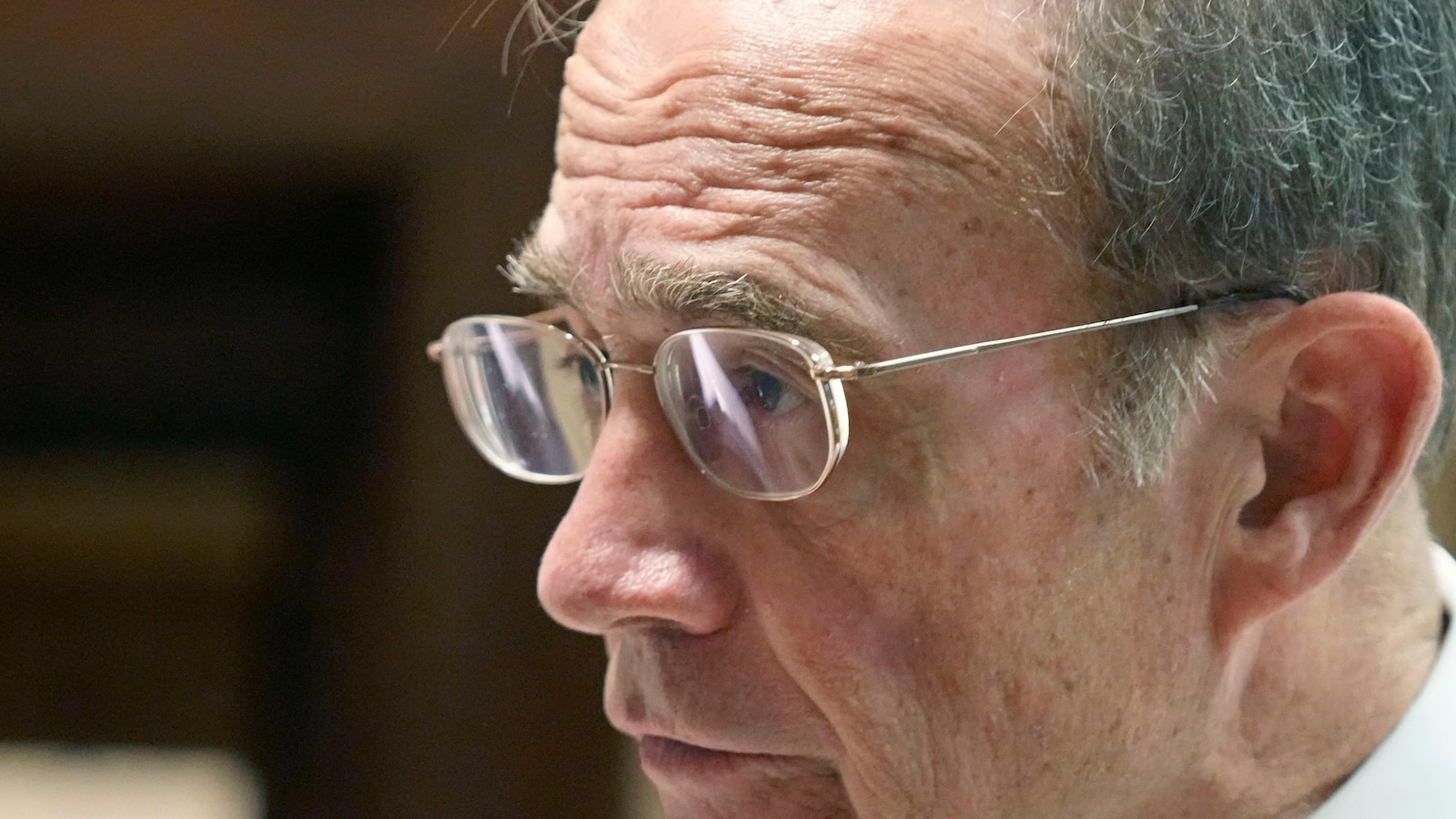During a social gathering hosted by the Mississippi Economic Council and the State Chamber of Commerce, House Speaker Jason White and Lieutenant Governor Delbert Hosemann addressed hundreds of business leaders and community figures about their policy priorities for 2025. Medicaid expansion, a key option under the Affordable Care Act signed by former President Barack Obama in 2010, remains a contentious issue in the state.
Mississippi ranks as one of the poorest states in the U.S. and is among the ten states that have yet to expand Medicaid, which would significantly enhance access to healthcare for low-income residents. Most of the funding for this expansion would come from the federal government, although the state would still be responsible for covering some costs.
Hosemann stated that Medicaid expansion could assist approximately 75,000 working individuals who currently lack affordable insurance options. He acknowledged the challenges posed by the governor’s opposition, remarking, “There is a governor who does not necessarily agree with some of our proposals.”
The conversation around Medicaid expansion gained momentum after a joint statement from the MEC and two other business groups—the Mississippi Manufacturers Association and the Business and Industry Political Education Committee—was released in April. These organizations highlighted that increasing access to healthcare would contribute to a healthier population and workforce, ultimately enhancing the quality of life in Mississippi communities.
White emphasized the need for accessible healthcare for low-income workers, framing it as a smart investment for the workforce and a business-minded approach that local businesses would support. He noted, “Providing affordable healthcare access for low-income workers is a smart investment in our workforce and is the exact business-minded approach that you all adopt in your own businesses.”
As the legislative session approaches, set to commence in January, White also outlined other major goals, including a phased elimination of the state income tax, reducing the grocery sales tax from 7%, and allowing children to attend public schools outside their resident districts.
While Hosemann confirmed that the Senate would propose cuts to the grocery tax, he did not explicitly mention plans regarding the phase-out of the income tax or the school choice initiative. He did highlight that Mississippi is already in the process of reducing its personal income tax under a law enacted in 2022.
With significant changes on the horizon, the discussions surrounding Medicaid expansion and other policy reforms signal a pivotal moment for Mississippi as leaders strive to address the needs of working families and improve the state’s economic landscape.

